Archiv článků
Prohlédněte si všechny články a objevte více zajímavých témat!
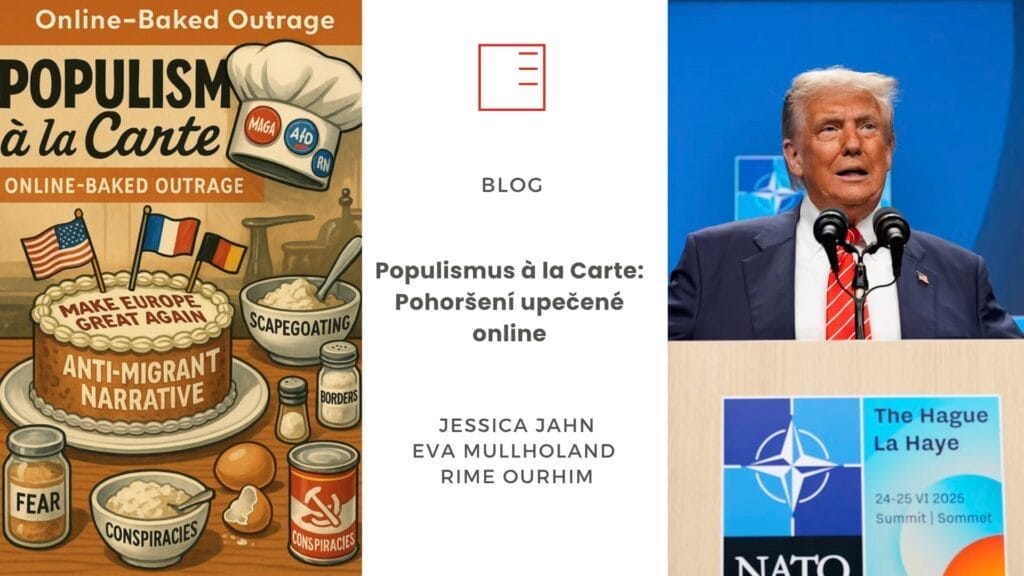
Blog | Populismus à la Carte: Pohoršení upečené online
Ve stále více nehostinném politickém prostředí záleží při přípravě veřejné diskuse na každé ingredienci. Inspirujte se u světoznámých šéfkuchařů Donalda Trumpa, Alice Weidelové a Marine Le Penové a snadno se naučte kulinářskému umění. Recept vám přinesly stážistky našeho pracovního programu Eva Mullholand, Jessica Jahn a Rime Ourhim.

Evropský čtvrtek u piva
Přijďte 3. července do Pauwel Kwak Bierhuis na neformální debatu o zahraniční politice s Janem Marianem a Viktorem Daňkem. Čeká vás otevřená diskuze, přátelská atmosféra a poctivé belgické pivo!

CNN Prima News | Podpora Ukrajiny v EU
Česko je na chvostu podpory pokud budeme se budeme ptát na přesvědčené zastánce, zároveň je tu velká část populace, která je někde mezi, není úplně přesvědčená, ale zároveň si uvědomuje, že je nyní v zásadě důležitější podporu udržet a chtěla by se bavit o tom, v jaké formě bude pokračovat. Do jisté míry šokující je ale to, jak hluboko podpora klesla, na začátku války patřilo Česko k nejsilnějším zastáncům a velice rychle jsme důveru společnosti prohospodařili. Pro CNN Prima News komentoval Viktor Daněk, zástupce ředitele Institutu EUROPEUM.

DW | Muslimové mají problém najít lokalitu pro novou mešitu v centru Prahy
V roce 2024 byla uzavřena centrální mešita v hlavním městě Praze. Od té doby se muslimské obci nepodařilo zřídit novou. Carlos Gómez del Tronco, vedoucí programu Just Europe, komentoval pro DW.com
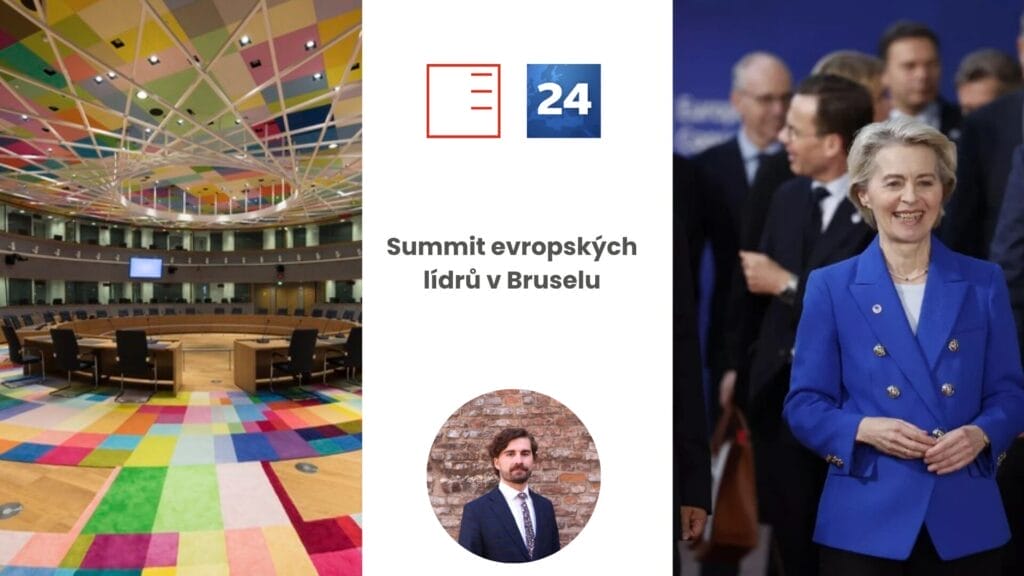
ČT24 | Summit evropských lídrů v Bruselu
Evropská unie v zahraniční politice je silná pouze v situaci, kdy existuje jednota, státy si jinak hledají alternativní metody a scénáře. Pro ČT24 komentoval Viktor Daněk, zástupce ředitele Institutu EUROPEUM.

Slawa | Ukrajinská trať: mezi Bruselem a Orbánem
V evropské obranné sféře panuje určitý optimismus, zejména po nedávném summitu NATO, ale skutečné rozdíly přetrvávají. Pro ukrajinské médium Slawa.tv komentoval Martin Vokálek, výkonný ředitel Institutu EUROPEUM.
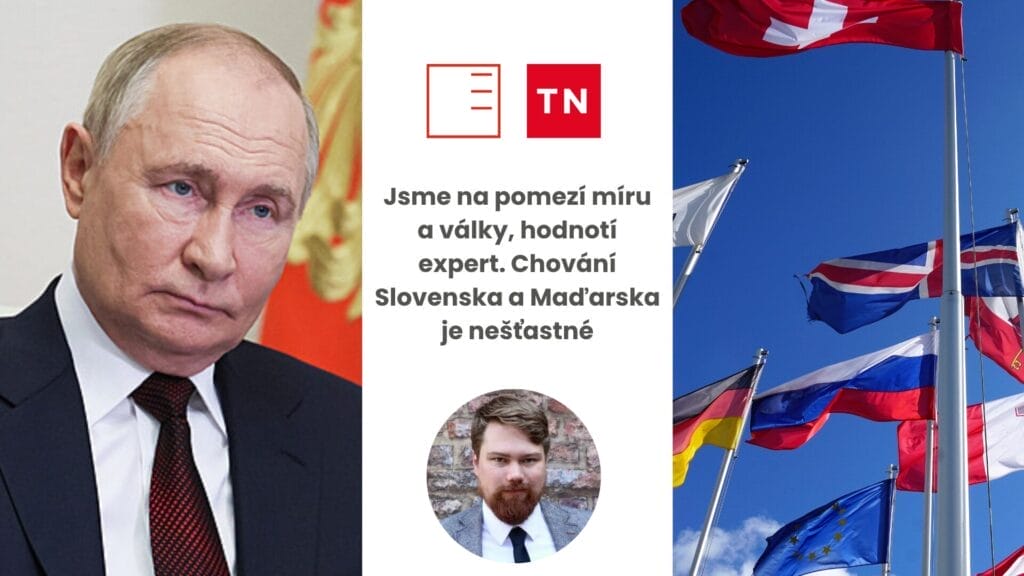
TN Live | Jsme na pomezí míru a války, hodnotí expert. Chování Slovenska a Maďarska je nešťastné
Vedoucí představitelé 27 členských států Evropské unie se na summitu v Bruselu dohodli na prodloužení sankcí proti Rusku o dalších šest měsíců. Co dalšího se na summitu odsouhlasilo, okomentoval pro TN Live v rozhovoru s moderátorkou Bárou Šimkovou Martin Vokálek, výkonný ředitel Institutu EUROPEUM.

Deník N | Bez pěti procent na obranu ztratí zbylých 95 procent HDP smysl. Trump má pravdu, hájí změny v NATO expert
Pokud nebudeme schopni zajistit vlastní obranu, všechny další priority se dostanou až na druhou kolej, míní analytik a výkonný ředitel Institutu EUROPEUM Martin Vokálek. Deníku N v návaznosti na výsledky summitu NATO popsal dva aspekty proměny Aliance, řekl, v čem má Donald Trump podle něj pravdu, a zhodnotil evropskou podbízivost.
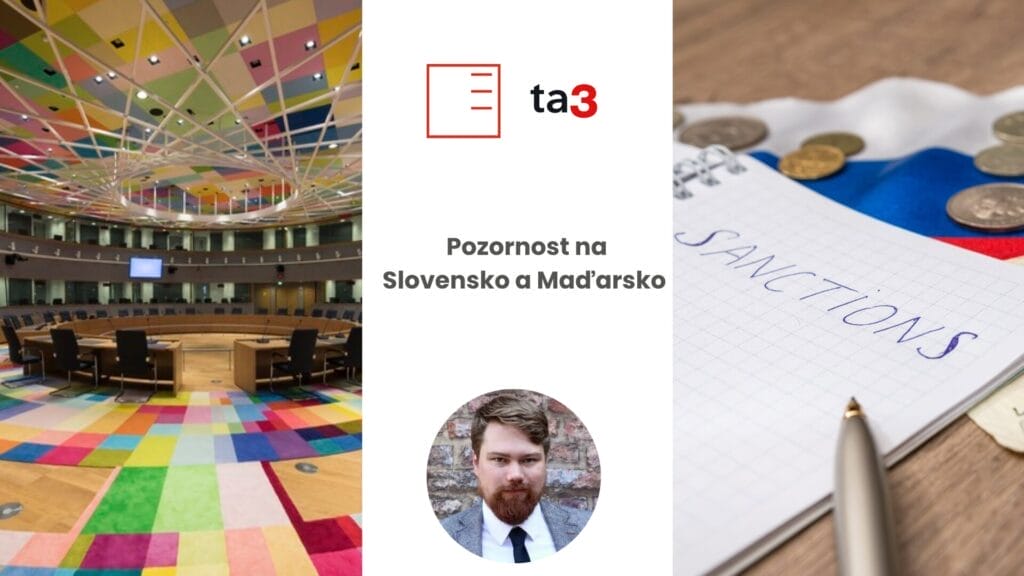
TA3 | Pozornost na Slovensko a Maďarsko
Režimy pana Fica a Orbána nehrají podle demokratických hodnot a fér pravidel a hrozí to, že na ně ostatní státy EU budou tlačit z pohledu zásad porušování právního státu nebo dalších kroků, které činí. Zároveň jsou mezi těmito zeměmi a Ruskou federací jisté obchodní vztahy a jiné vazby. Maďarsko a Slovensko blokují rozhodnutí Evropské rady z vlastních zájmů. Pro ta3 komentoval výkonný ředitel Institutu EUROPEUM Martin Vokálek.
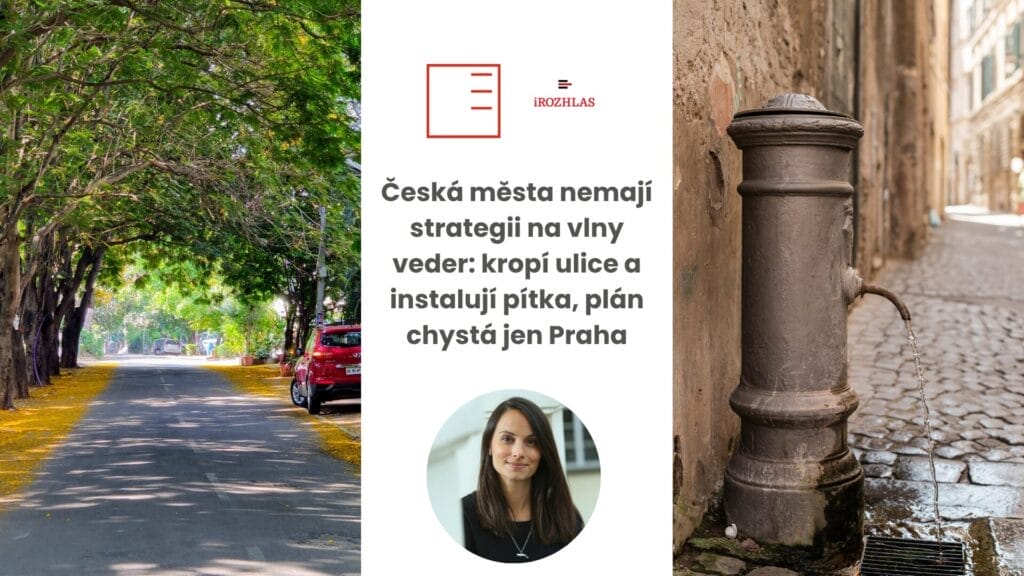
iRozhlas | Česká města nemají strategii na vlny veder: kropí ulice a instalují pítka, plán chystá jen Praha
Když v hlavním městě Španělska udeří vlna veder, každá záchranná složka i veřejná instituce ví, co má dělat. Města, která se s vlnami veder potýkají každoročně, se řídí akčními plány a otevírají ochlazovací útočiště či asistují ohroženým skupinám, kam spadají například senioři. Českým městům podobné strategie zatím chybí. Nejdále v plánování je Praha. Pro iRozhlas.cz komentovala výzkumná spolupracovnice Institutu EUROPEUM Katarína Svitková.
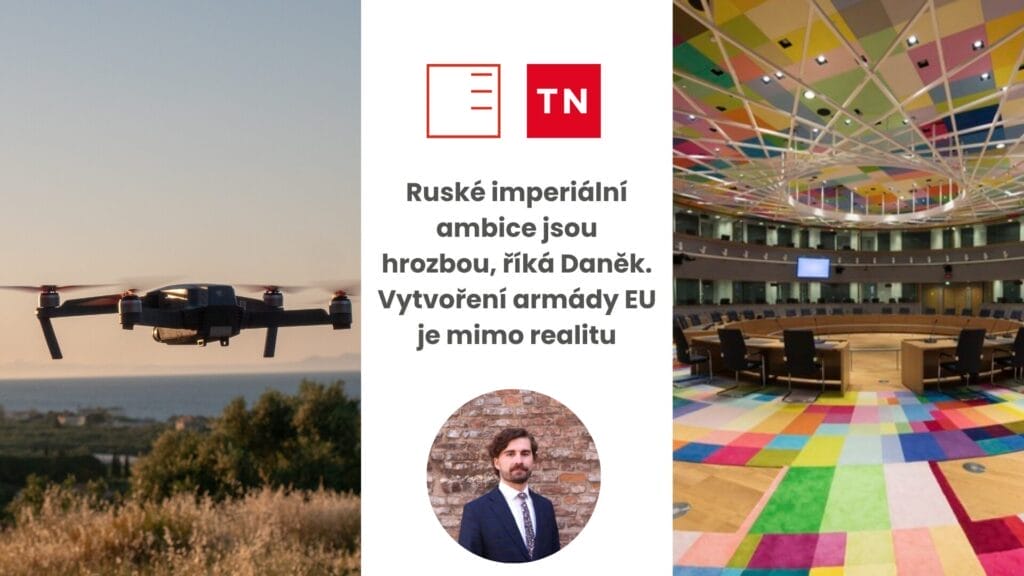
TN Live | Ruské imperiální ambice jsou hrozbou, říká Daněk. Vytvoření armády EU je mimo realitu
Pro Evropskou unii stále zůstávají od roku 2022 tím základním bezpečnostním rizikem imperiální agresivní ambice Ruska a nebezpečí dalšího vývoje na Ukrajině, řekl v rozhovoru pro TN Live zástupce ředitele Institutu EUROPEUM Viktor Daněk. S moderátorkou Bárou Šimkovou probral také budoucnost obrany Evropské unie.
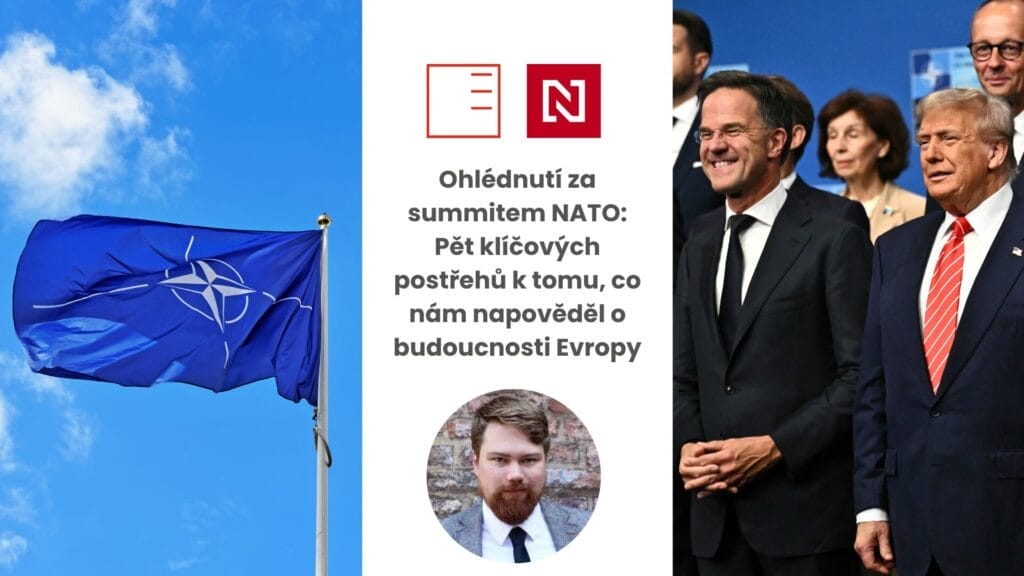
Deník N | Ohlédnutí za summitem NATO: Pět klíčových postřehů k tomu, co nám napověděl o budoucnosti Evropy
Haagský summit NATO je minulostí, spojence teď čeká práce na tom, aby shodu z něj – tedy navýšení obranných výdajů plus nákladů souvisejících s obranyschopností zemí – naplnili. Deník N summit sledoval na místě i analyticky, přinášíme tečku v podobě klíčových postřehů, které si ze summitu odnést. Pro Deník N komentoval Martin Vokálek, výkonný ředitel Institutu EUROPEUM.